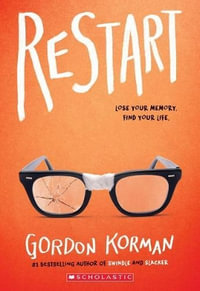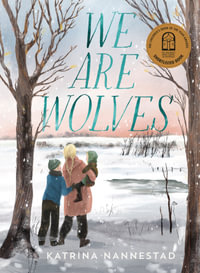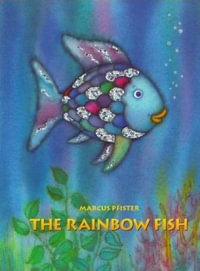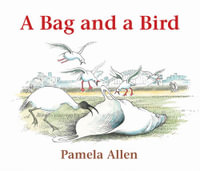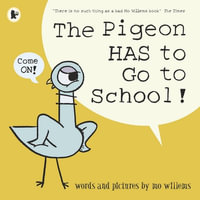Emma is resigned to the seeming reality that her name, spoken aloud, is her identity. Just 12, bright and nearly six feet tall, she feels invisible at school in her New England coastal town. Her mother, Donatella, owns a bead shop, and the many beads in her shop, with individual shapes, colors, and origins, are an apt metaphor for the novel's cast of varied characters. Quiet Emma, for instance, keeps lists to organize her life and often feels like the adult to her short, round Italian mother, who dresses and acts like a teenager. She wonders if she's adopted like her friend, Penelope, a nine-year-old from Liberia, who lives with her two mothers across the street and urges Emma to find her 'joylah.' Emma is dubious when Donatella proposes that she be homeschooled at the public library, but school officials agree to the proposal, and Stevie, a cool librarian, becomes her tutor. Then she receives an invitation to the Freke Family Reunion at a Wisconsin campground and flies out to meet the clan of Walter Freke, the father she's never met. The reunion proves to be a life-changing weekend, for Emma connects with cousins who look like her, gains a sense of belonging, and discovers her surname rhymes with Becky. Yet, upon seeing the rigid control enforced by the reunion organizer, she begins to appreciate her unstructured home life and confidently stands up against the culture of intolerance aimed at her eccentric, odd-looking cousin, who, like her old self, just doesn't fit in. A well-paced story told with heart and humor. --School Library Journal
-- "Journal"
Having a weird name isn't the only reason 12-year-old Emma Freke ('Like, if you say it slowly, Am a Freak') feels like an outcast. She's taller and more intellectually advanced than her peers; she knows little of her father except his name; and she's nothing like her flighty single mother. When Emma has the opportunity to meet the 'Freke' side of her family at a reunion, she jumps at the chance, thinking she will finally meet people to whom she can relate. But fitting in with the Frekes--a motley crew of Midwesterners dedicated to keeping the memory of a frontier ancestor alive--has its drawbacks. Atkinson (From Alice to Zen and Everyone in Between) has written a lively novel with an empathetic, well-drawn heroine, but other aspects of the story--like Emma being allowed to travel from Massachusetts to Wisconsin on her own to meet a group of people she doesn't know--strain belief. Characterizations of Emma's eccentric relatives (on both sides of her family) feel as forced as her just be yourself realization does preordained. --Publishers Weekly
-- "Journal"
Twelve-year-old Emma doesn't fit in--not at school and certainly not at home with her kooky mother and kind-of-out-of-it Italian grandfather. When she attends the annual Freke family reunion hoping to find people just like her, Emma learns that being an individual isn't so bad. Atkinson's account of Emma's journey to self-discovery is sincere and relatable. --The Horn Book Guide
-- "Journal"
With vibrant red hair, an extraordinary intellect and a height of nearly six feet, 12-year-old Emma feels out of sync with peers and life in general. Her unique surname serves to magnify these woes. While Emma acts in a responsible adult manner, internally she is besieged by all the anxieties and insecurities of her age. Atkinson deftly portrays the intense self-consciousness that is an inherent part of the transition between childhood and adolescence. Emma's flighty, bohemian mother offers little guidance, and Emma longs for a conventional life. An invitation to her heretofore-unknown father's family reunion seems an opportunity for her to redefine herself. This newfound family, which pronounces their last name Frecky, offers Emma all the orderly ordinariness she has been craving. However, between her blossoming friendship with Fred, the mysterious outcast of the group, and her skirmishes with Aunt Pat, the martinet who demands absolute conformity, Emma emerges with a new appreciation for her unorthodox upbringing. How she reconciles the disparate halves of both her personality and her extended family becomes a poignant journey of self-discovery. --Kirkus Reviews
-- "Journal"











